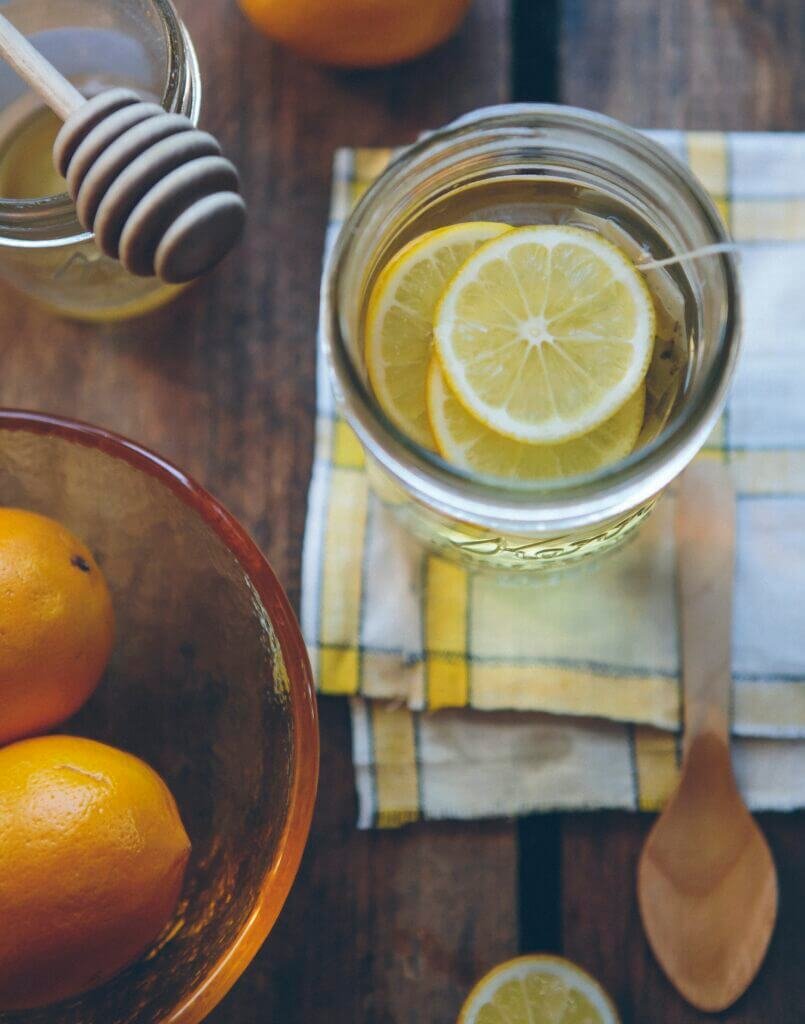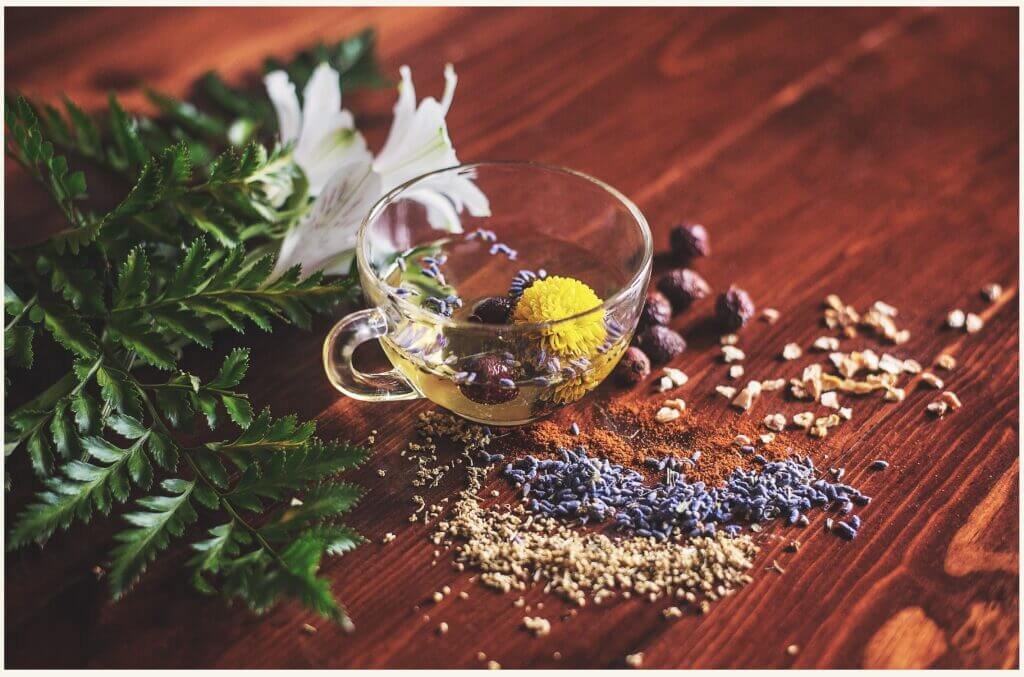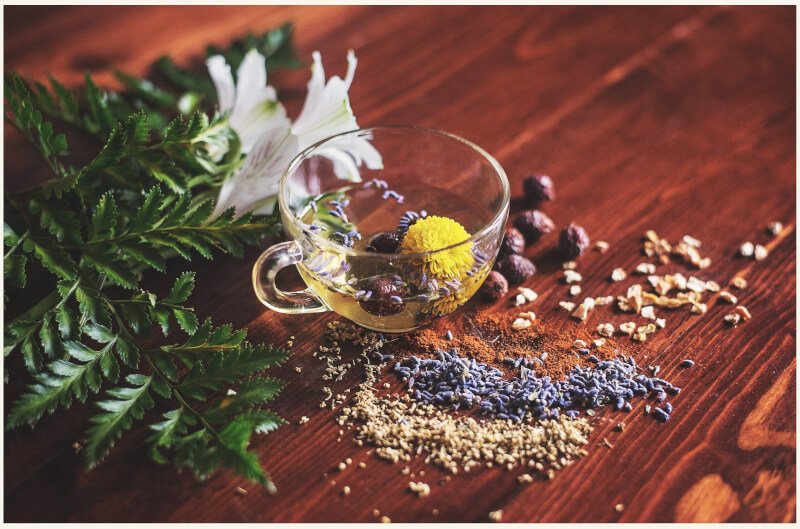Whether you’re a tea connoisseur or just starting to explore the world of specialty tea, one of the key aspects to enhancing your tea-drinking experience is choosing the right sweeteners and additives. With a multitude of options available, it can be overwhelming to decide which ones will complement your tea perfectly. Fear not, for this article will guide you through the process of selecting the ideal sweeteners and additives that will elevate your specialty tea to new heights of deliciousness.

Types of Sweeteners
When it comes to choosing sweeteners for your specialty tea, you have several options to consider. Sweeteners can be broadly classified into three categories: natural sweeteners, artificial sweeteners, and alternative sweeteners. Each category offers different taste profiles and health considerations, so it’s important to understand the differences before making your choice.
Natural Sweeteners
Natural sweeteners are derived from plants and offer a more organic and less processed alternative to refined sugar. They not only provide sweetness but also bring unique flavors to your cup of tea. Some popular natural sweeteners include honey, agave nectar, stevia, and maple syrup.
Honey is a versatile sweetener loved for its rich and complex flavor. It pairs exceptionally well with herbal teas and adds a touch of natural sweetness. Agave nectar, extracted from the succulent plant, is another excellent natural sweetener. It has a mild, yet distinct flavor that complements various tea blends. Stevia, a plant native to South America, is a calorie-free sweetener that offers intense sweetness with just a small amount. Lastly, maple syrup, known for its distinct taste, adds a delightful sweetness to black teas and chai blends.

Artificial Sweeteners
Artificial sweeteners are synthetic sugar substitutes that provide sweetness without the added calories. They are popular among those who are watching their calorie intake or have dietary restrictions. Aspartame, sucralose, and saccharin are some commonly used artificial sweeteners.
Aspartame is one of the most widely used artificial sweeteners, known for its intense sweetness. It dissolves easily in hot liquids, making it suitable for tea preparation. Sucralose, on the other hand, offers a sweetness similar to sugar but without the calories. It can withstand high temperatures, making it a good choice for hot tea. Saccharin, the oldest artificial sweetener, has a sweet and slightly bitter taste. It’s often used in combination with other sweeteners to balance the flavor profile.
Alternative Sweeteners
For those seeking unique flavors and natural alternatives to traditional sweeteners, alternative sweeteners offer a range of options. Coconut sugar, date sugar, and monk fruit sweetener are gaining popularity among tea enthusiasts.
Coconut sugar is derived from the sap of coconut palm flower buds and has a caramel-like flavor. It adds depth and sweetness to teas, especially those with earthy or nutty notes. Date sugar is made from dehydrated and ground dates and has a rich, molasses-like taste. It can enhance the flavors of spiced teas and fruit blends. Monk fruit sweetener, derived from the monk fruit, provides a natural sweetness without the calories or artificial additives. Its subtle fruity flavor makes it a great addition to herbal and green teas.

Factors to Consider
When deciding on the right sweetener for your specialty tea, there are three key factors to consider: taste, health considerations, and how the sweetener interacts with the flavors of the tea itself.
Taste
The taste of a sweetener can significantly impact the overall flavor profile of your tea. Some sweeteners, like honey and maple syrup, add distinctive flavors that may complement certain teas better than others. Artificial sweeteners, on the other hand, aim to replicate the taste of sugar without introducing any additional flavors. Alternative sweeteners can also bring unique flavors to the table, such as coconut sugar’s caramel notes. Ultimately, the choice of sweetener will depend on personal preference and the desired flavor experience.
Health considerations
Health-conscious tea drinkers may prioritize certain sweeteners based on their impact on blood sugar levels and calorie content. Natural sweeteners like honey and stevia are often considered healthier alternatives to refined sugar due to their lower glycemic index and potential health benefits. Artificial sweeteners can be an attractive option for those seeking to reduce calorie intake, especially for individuals with diabetes or those following a low-sugar diet. Alternative sweeteners offer various health benefits, such as being lower on the glycemic index or containing fewer additives.
Interaction with tea flavors
The choice of sweetener can affect how well it blends with the flavors of your tea. Some teas may naturally pair better with certain sweeteners, creating a harmonious flavor combination. For example, the floral notes of chamomile tea can be enhanced by the delicate sweetness of honey or stevia. On the other hand, the bold flavors of black teas or spiced blends may be better complemented by the subtle sweetness of monk fruit or coconut sugar. Experimenting with different sweeteners can help you discover the perfect balance and enhance your tea-drinking experience.
Additives for Flavor Enhancement
In addition to sweeteners, you may also consider adding flavor-enhancing additives to your specialty tea. These additives can elevate the taste profile of your tea, adding complexity and depth to each sip. There are three main categories of additives: floral additives, fruity additives, and spice additives.
Floral Additives
Floral additives bring a touch of elegance and fragrance to your tea. They can enhance the overall sensory experience and create a more indulgent tea-drinking session. Some popular floral additives include rose petals, lavender, and chamomile.
Rose petals add a delicate sweetness and a gentle floral aroma to your tea. They are especially lovely in herbal or green teas, adding a romantic and soothing quality. Lavender, with its calming properties, is another aromatic addition that pairs well with chamomile or mint teas. Chamomile itself is a floral ingredient that can be used as an additive to create a soothing and relaxing tea experience.
Fruity Additives
Fruity additives offer the opportunity to infuse your tea with vibrant and refreshing flavors. They can complement both hot and iced teas, adding a burst of fruitiness to each sip. Some popular fruity additives for tea include dried fruit pieces, citrus peels, and mixed berries.
Dried fruit pieces such as apple, peach, or pineapple can impart a natural sweetness and fruity essence to your tea. Citrus peels, such as lemon or orange, can brighten the flavors and provide a citrusy zing. Mixed berries, like raspberries or strawberries, can offer a tangy and slightly tart note to your tea, balancing out the sweetness of the tea or sweetener.
Spice Additives
For those who crave a hint of warmth and complexity in their tea, spice additives can add depth and intrigue to each cup. They can awaken your taste buds and create a comforting and aromatic tea experience. Some common spice additives include cinnamon, cardamom, and ginger.
Cinnamon is a versatile spice that can add a subtle sweetness and a touch of warmth to your tea. It pairs exceptionally well with black teas and chai blends. Cardamom, with its unique flavor profile, adds a hint of floral and citrus notes to your tea, creating a flavor reminiscent of exotic spice markets. Ginger, known for its invigorating and zesty taste, can provide a pleasant kick to herbal or green teas.
Combining Sweeteners and Additives
Now that you have a better understanding of sweeteners and additives, you can start experimenting with combinations to find the perfect balance for your specialty tea.
Balancing flavors
Combine different sweeteners and additives to achieve a well-balanced flavor profile. For example, a touch of honey can enhance the inherent sweetness of dried fruit pieces, creating a harmonious fruity tea experience. Similarly, the subtle flavors of floral additives like lavender can be enhanced by the natural sweetness of stevia. Experimenting with various combinations will help you discover unique and delightful tea creations.
Experimenting with ratios
Finding the ideal ratio of sweeteners and additives to your tea may require some trial and error. Start with small amounts and gradually increase or decrease based on your personal taste preferences. Keep in mind that some sweeteners and additives have a stronger flavor profile, so a little can go a long way. Take notes of the combinations you try and adjust the ratios accordingly until you find the perfect balance of sweetness, flavor, and aroma.
In conclusion, choosing the right sweeteners and additives for your specialty tea can be an exciting journey of exploration and experimentation. Consider the taste, health considerations, and how they interact with the flavors of your tea to create a truly personalized tea experience. Whether you prefer the natural sweetness of honey, the calorie-free alternative of artificial sweeteners, or the unique flavors of alternative sweeteners and additives, there’s a vast world of possibilities waiting to enhance your tea-drinking pleasure. So go ahead, grab your teapot, and embark on a delightful quest to create the perfect cup of tea tailored to your taste buds. Cheers!


